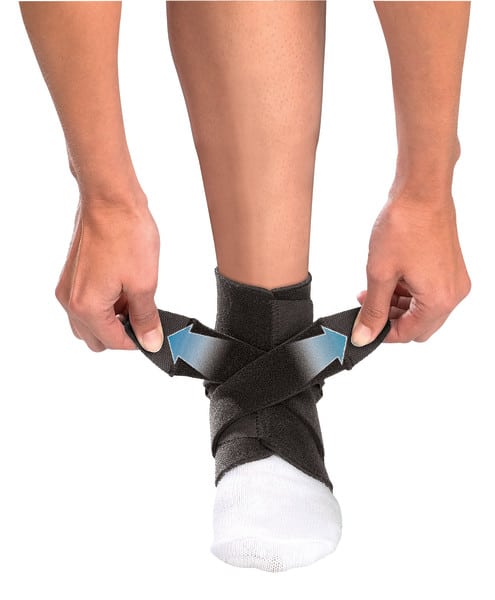How To Cope With Injury Recovery Setbacks
We would all like to think that recovering from an injury is a straightforward process; you do everything your doctor says every step of the way and and soon with enough time, patience and dedication to a rehab routine, you are back playing the sport or doing the hobby you love. Unfortunately, life is messy and recovering from an injury often doesn’t go exactly as planned. Setbacks, whether professionally, personally or physically, happen all the time. It’s no different with recovering from injury. One minute, you are feeling great and well on your way to full health, and the next minute, you’re back to square one. Here are some suggestions on how to cope with injury recovery setbacks. They will help get you back on track and get off the sidelines in no time.
Re-evaluate Your Plan And Methods
Having a recovery plan is crucial when an athlete has suffered an injury. This plan can include steps to getting back to full health, such as rest, exercise and stretching routines, a meal plan, medicine and physiotherapy. When the plan works to perfect, everyone is happy, but sometimes a setback occurs. Reviewing and potentially adapting your plan is a fundamental part of how to cope with injury recovery setbacks.
It’s important to chart your progress and the work you are doing in accordance with your recovery plan. Keep a journal about what you are doing, when you are doing it and how you feel physically during and after doing it. When you have a setback, it’s easier to look back on this journal and try to identify if there was something in your recovery plan that may have led to aggravating the injury. This way, you can correct the flaws and complete the plan right the next time. At this stage, it’s also key to make your goals and measures of progress even smaller so you can take it slow and let your body adjust after experiencing even more pain, weakness and injury.
Get Some Professional Help
You may or may not have started down the road to recovery alone, but regardless of your initial steps, once a setback has occurred in recovery, it’s always wise to consult an expert. Take a trip to your doctor, physiotherapist, sports medicine professional, massage therapist or another type of medical expert who specializes in the area of the body you have hurt. They will be able to evaluate your progress, the severity of the injury, your recovery routine and your form in order to recommend how to get back on track and adapt your recovery to fit the most recent circumstances.
These specialists will also be able to give you an expert opinion on how to cope with your injury recovery setback and how to avoid another one when recovering from injury. For example, a sports medicine doctor or physiotherapist can guide you through the options for an orthopaedic knee or elbow brace and help you discover which brand, variety, make, etc., that will help prevent another setback and keep you moving towards a full recovery.
Reduce Stress and Maintain a Positive Attitude
The last way to move forward after a setback to your injury recovery is to invest as much of your energy in the emotional and mental side of yourself as you do the physical elements of the recovery. Stress can make it harder to recover from an illness or injury and while no one enjoys being hurt, building mechanisms that will help you relieve stress and become more positive will help your body in the long-term. This is even more crucial when you have suffered a setback, which can be maddening and frustrating. Activities such as meditation, visualization, journaling and yoga can help with your mental and emotional well being. They will equip you with tools to cope with the injury recovery setback you are facing.
Staying mentally strong while you are injured is not easy, especially if you are accustomed to being very active. Don’t try to rush your recovery, though. You want to make sure you are ready before you resume your normal activities. In the meantime, do everything you can to make the best use of this time.






